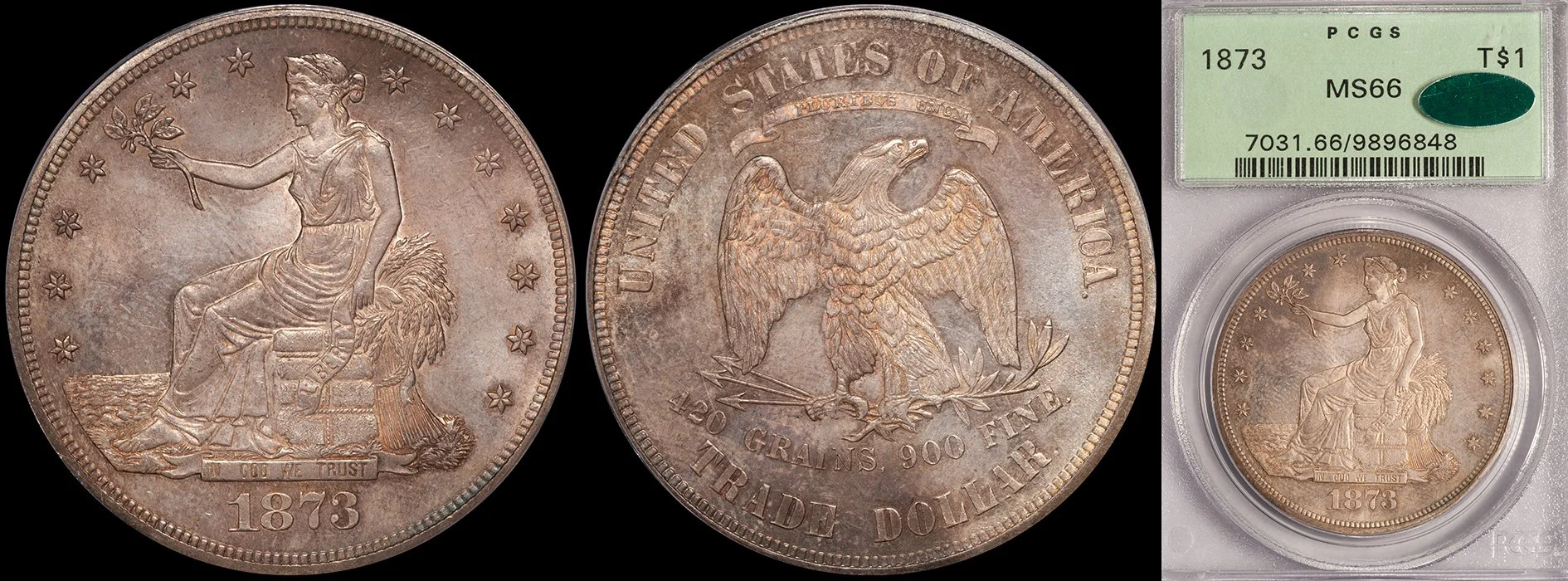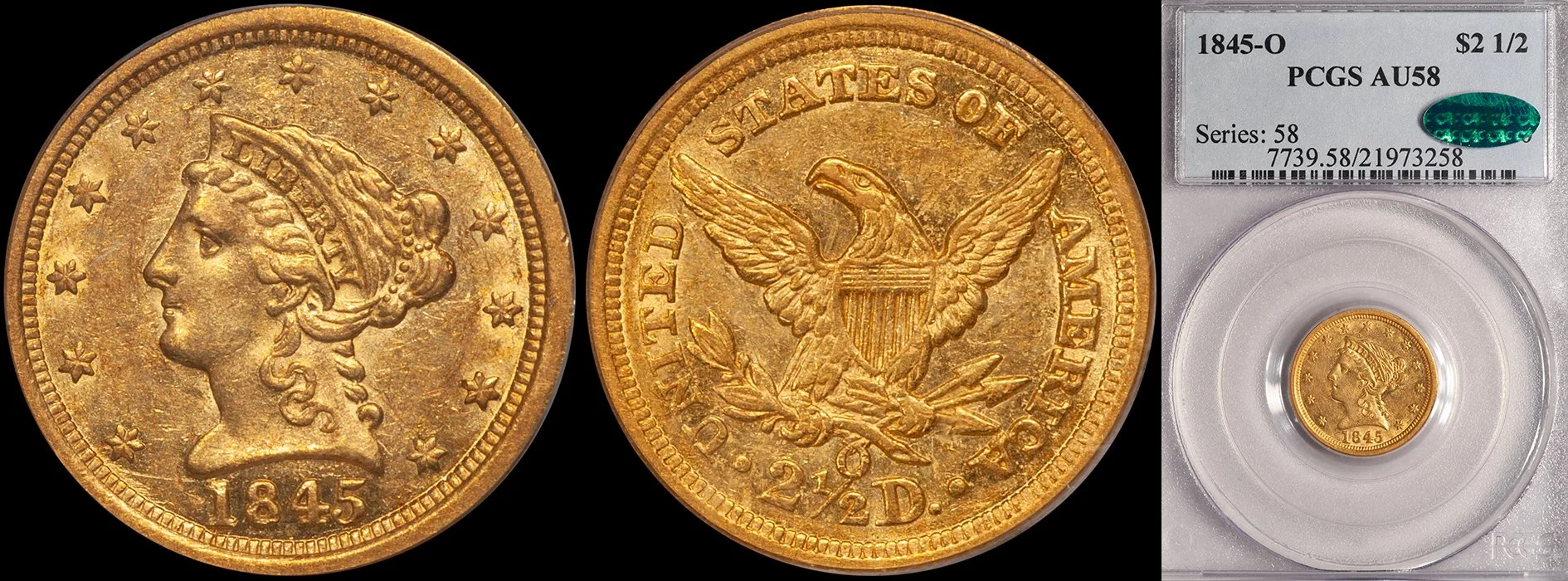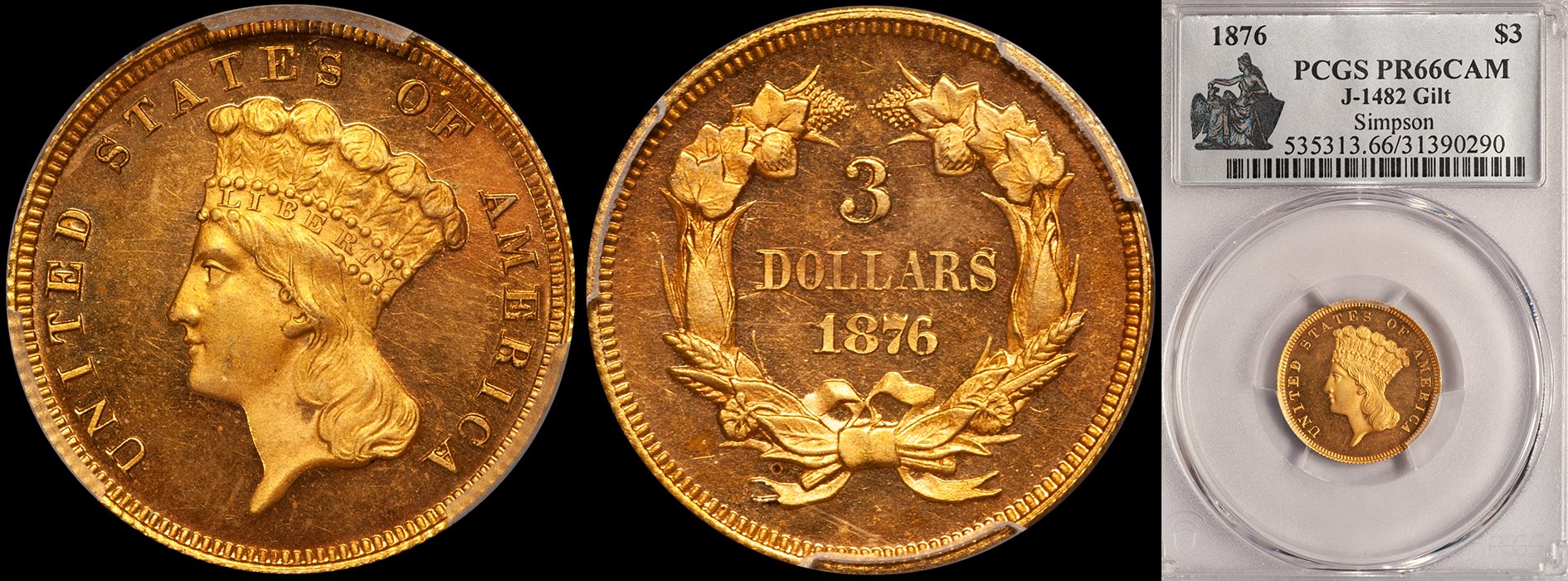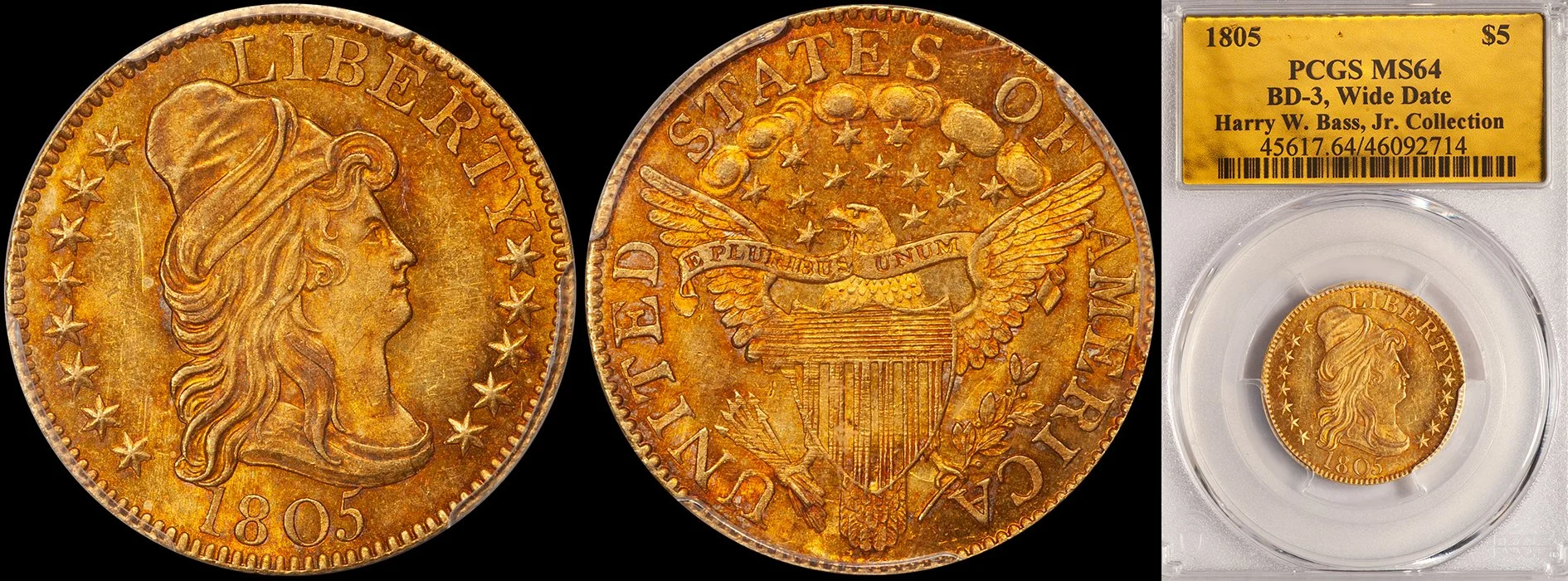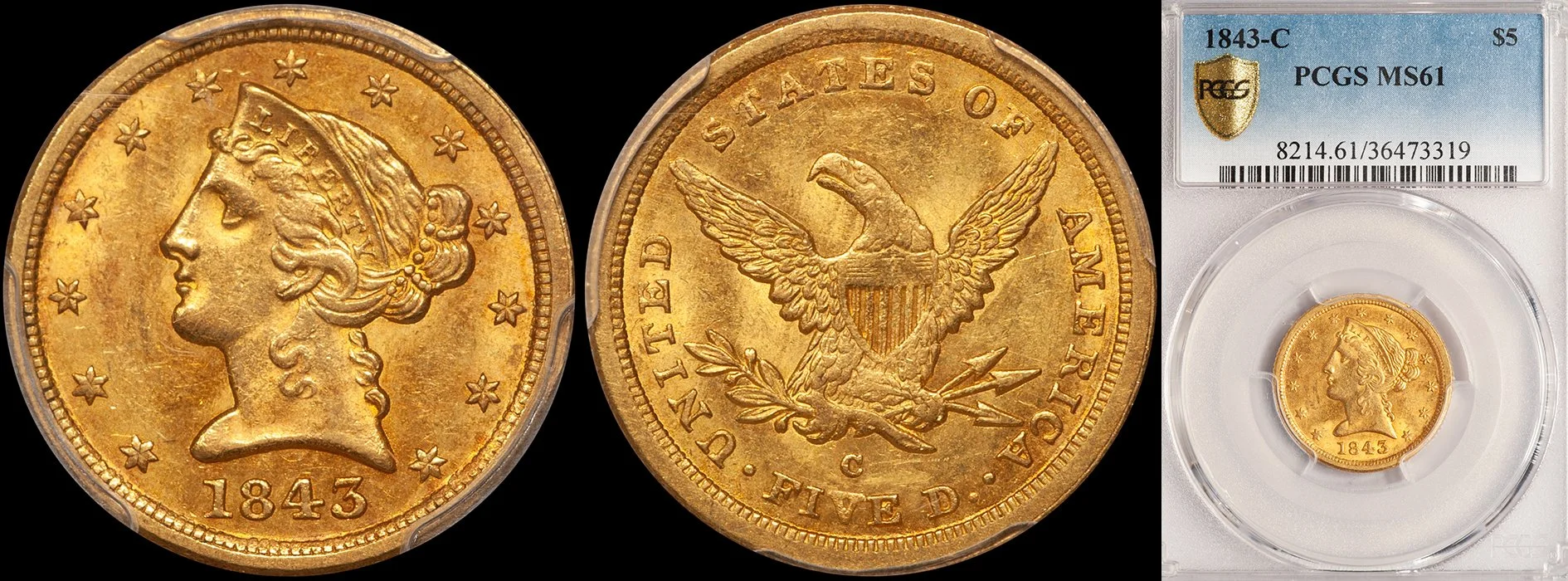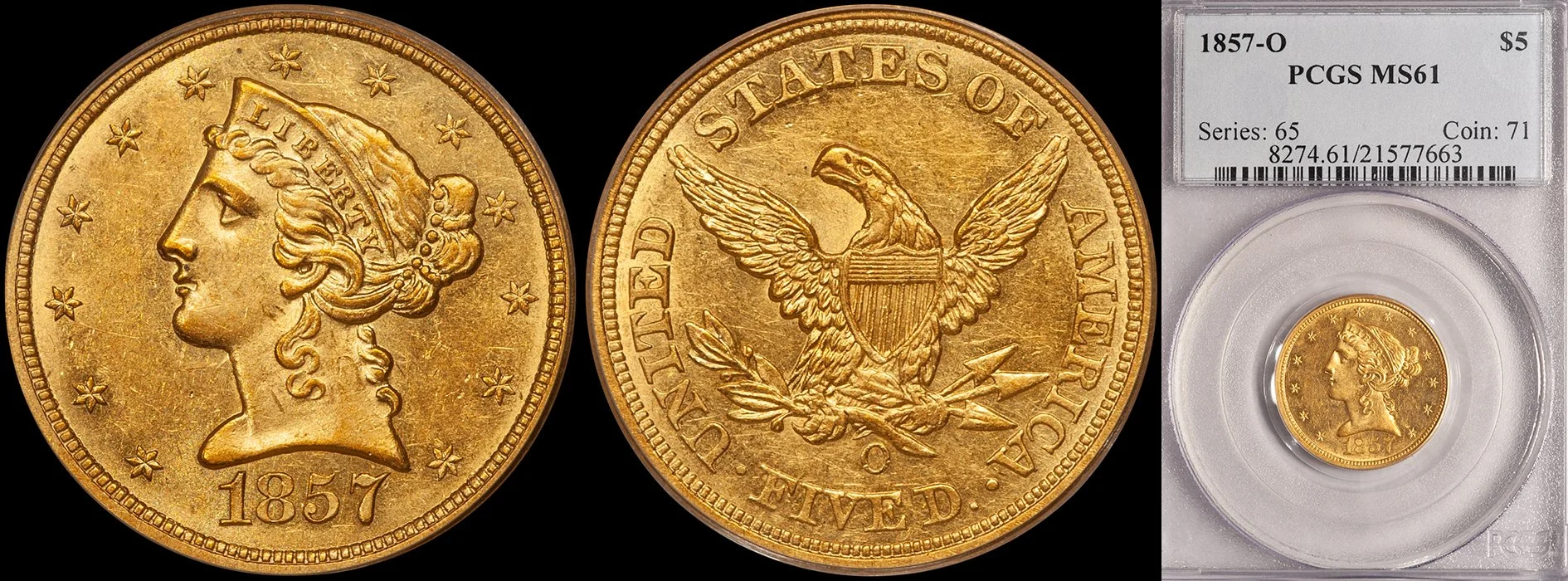Can A Collector Learn How to Grade?
/Many articles about coin collecting (including more than a few written by yours truly) have suggested that it is extremely important for collectors to learn how to grade. In theory, this makes sense. But is this realistic? Can a person with a family, a job and interests besides coins realistically learn how to grade coins? I think that the “learn how to grade” advice that I mentioned above is fine, at least in theory. However, is this really any different than a doctor suggesting that in order to better care for myself that I learn brain surgery, anatomy and how to read X-rays in my spare time? I’m obviously not about to become an expert in any of these fields and I wonder if it is unrealistic for me—a professional coin dealer—to suggest that a collector become an expert grader.
I think there is really only one way to become good at grading coins. You have to look at thousands and thousands of coins in person. And then you have to buy and sell coins so that you have the confidence to determine that your skill level is there.
But even if you look at thousands of coins in person, if you do not have innate grading abilities, it probably does not matter. I know a number of dealers who have been viewing coins for years and years and I still don’t think they have a clue how to grade because they just don’t have a good eye. As I’ve written before, I think the ability to grade a coin is genetic. Either you have the ability to do it written into your genetic code or you don’t.
That said, is there a way that the collector can acquire grading skills that make buying coins a safer and more pleasurable experience? I think the answer is a resounding “yes” and I have some suggestions:
1. As I said above, there is no substitute for viewing coins in person. I think the best way to do this is to attend a major auction (especially the FUN or ANA sales) and spend a full day viewing as many coins as you can. It’s important to remember that as you are learning how to grade that you need a base line to compare coins. And it is also important to remember that you need to grade according to PCGS and NGC standards. Looking at coins that are already in slabs and which run the gamut from very low end to very high end is a great way to hone your skills.
2. For the basics in grading, taking the ANA grading class is a pretty unbeatable experience. The instructors at these classes are highly skilled professionals and the chance to work with experienced dealers or professional graders is pretty unique in this hobby. If you have a week to spare, I highly recommend this class. And if you have already taken the beginning class, the advanced class is even better. (For more information on the ANA grading classes, visit their website at www.money.org)
3. Any collector who decides that he is going to learn to grade a wide range of coin types or series in a short period of time is probably being unrealistic. I have always suggested becoming a specialist and one of the main reasons why is that a specialist has fewer things to learn about grading than a generalist. As an example, if you make the decision to collect New Orleans gold, it is not unrealistic to think that you can become a reasonably competent grader in a few years time. But if you decide to collect, say, all early gold coins produced from 1795 through 1834, there is an awful lot to learn and you are likely to have a number of gaps in your ability.
4. As you learn to grade, be less focused on numbers (i.e. MS63 versus MS64) and more focused on learning what constitutes eye appeal and quality in a specific series. I believe that most collectors are too focused on micro-grading and are not focused enough on the big picture.
5. In many cases, the most important thing a collector can do is to establish a good relationship with one or two dealers to help them buy nice coins, establish grading and eye appeal standards for a set (or sets) and to help make them better and less impulsive coin buyers. I will be the first to admit that not every collector needs a dealer’s guidance. If you collect ultra modern issues, you can most certainly go it alone and I know some other collectors who have built lovely collections pretty much on a solo basis.
Let me give you an example of a collector/dealer partnership that over the course of many years has been highly successful. Dr. Steve Duckor (who is probably just about the most competent collector of American coins that I have ever met) was very fortunate early in his collecting career to meet and become a customer of David Akers; a dealer who I think has a rare and exceptional combination of ability and integrity. Together, these two individuals worked on a number of collections that have proven to be marvelous in terms of quality and scope. It’s truly been a win-win relationship for both individuals. And it’s exactly the sort of business relationship that I’d encourage you, as a collector (although with me, not David!), to aspire towards.
If you aspire to become a competent grader I commend you and hope this article will spur your interest and enthusiasm. Just remember that grading skills take a lifetime to develop and refine (I’ve been doing this professionally for over a quarter of a century and am still humbled at what I, from time to time, need to learn...)

